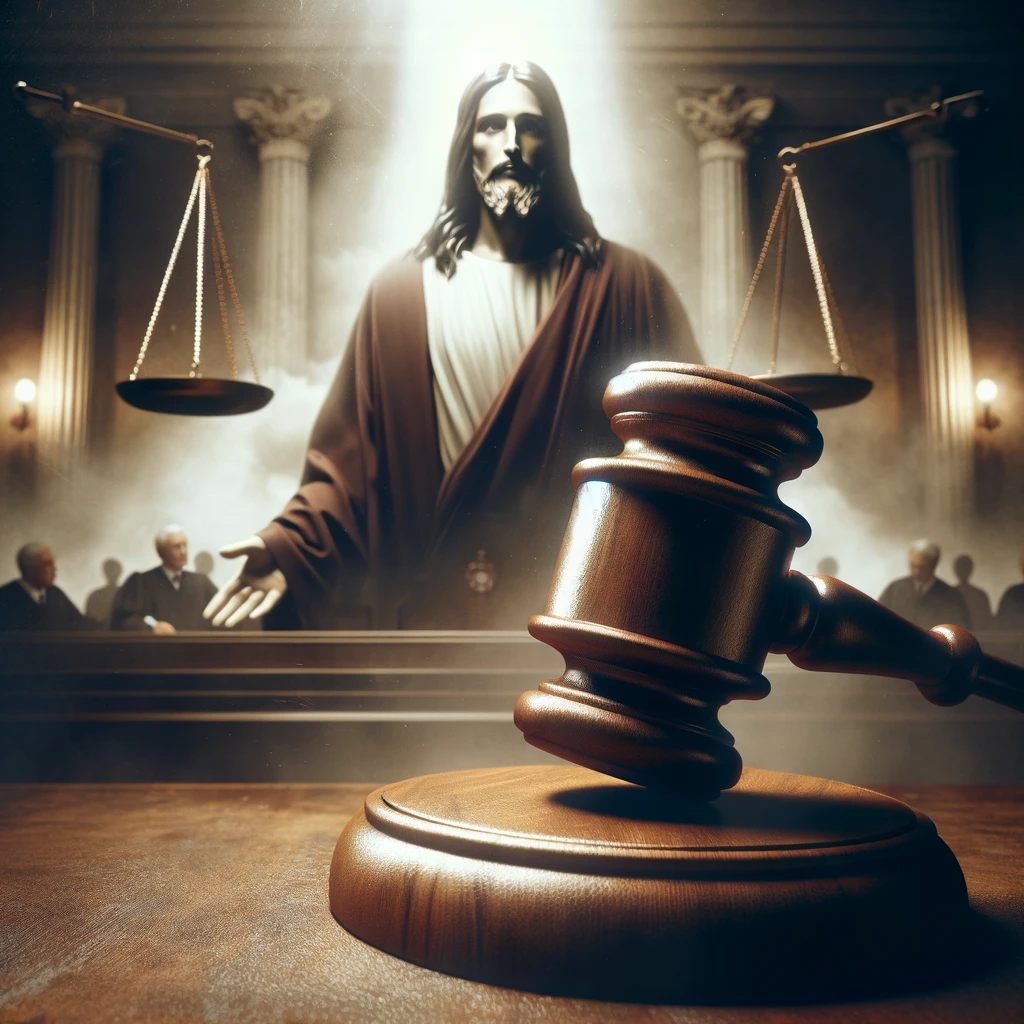Matthew 22:39 is a verse that many of us know by heart, where Jesus answers the Pharisees, saying: “And a second is like it: You shall love your neighbor as yourself.” The word “and” in this verse is not just a simple conjunction; it carries profound weight and significance.
The backdrop of this story is essential. The Pharisees, the religious elites of their day, were attempting to trap Jesus with a question about the greatest commandment. They were hoping to ensnare Him in His words, to find a reason to condemn Him. But Jesus, as always, offered a response that not only evaded their trap but also provided deep insight into the nature of God’s law.
Instead of isolating one commandment as the greatest, Jesus responded with two, citing both Deuteronomy 6:5 and Leviticus 19:18. He declared love for God as the greatest commandment and immediately followed it with love for neighbor. By doing so, Jesus emphasized the interconnectedness of the commandments. They aren’t separate decrees, each with its own independent weight. They are deeply intertwined, making up a holistic law.
James reiterates this understanding in James 2:10: “For whoever keeps the whole law but fails in one point has become guilty of all of it.” This is a startling statement, but it underscores the all-encompassing nature of God’s law. It isn’t a checklist where we can pride ourselves on keeping some and neglecting others. Breaking one is akin to breaking all.
The Ten Commandments, found in Exodus 20, can be divided into two segments. The first four focus on our relationship with God, and the last six on our relationship with others. Yet, as Jesus highlighted with that simple “and” in Matthew 22:39, these two aspects of the law are inseparable. Worship of God and right living with others go hand in hand.
This holistic view of the law brings us to a stark realization of our humanity and sinfulness. Every time we err against a fellow human being or place something before God, we break the entirety of His law. This truth should humble us and highlight our universal need for a Savior.
Consider the tree of the knowledge of good and evil in the Garden of Eden. By partaking of its fruit, Adam and Eve gained knowledge that eradicated their innocence. Once innocence is lost, one can never claim ignorance again. This can be likened to a child innocently walking in on someone changing. There’s initial grace given because of ignorance. But once the child understands the inappropriateness of the action, repeating it takes on a very different context.
It’s in our nature to worship and serve. But the law, in its perfection, points us to the true object of our worship and service: God. We aren’t to be ensnared by worldly things or be devoted to people who can’t offer true love. Instead, the law redirects us to worship God and serve Him and one another.
In conclusion, God’s law is not a set of isolated decrees but an interconnected whole. It’s designed to guide us into a right relationship with Him and others. While it reveals our shortcomings and our universal need for redemption, it also illuminates the path to genuine love and worship – a love that Jesus Himself exemplified in His life and sacrifice.
#HolisticLaw #LoveYourNeighbor #JesusTeaching #CommandmentsConnected #FaithAndLife #BiblicalWisdom #UnityInLaw #ServeAndWorship #NeedForASavior #GodsLawUnveiled #ChrisFWalker #ChristianLiving



